Wherever is love and loyalty, great purposes and lofty souls, even though in a hovel or a mine, there is fairyland
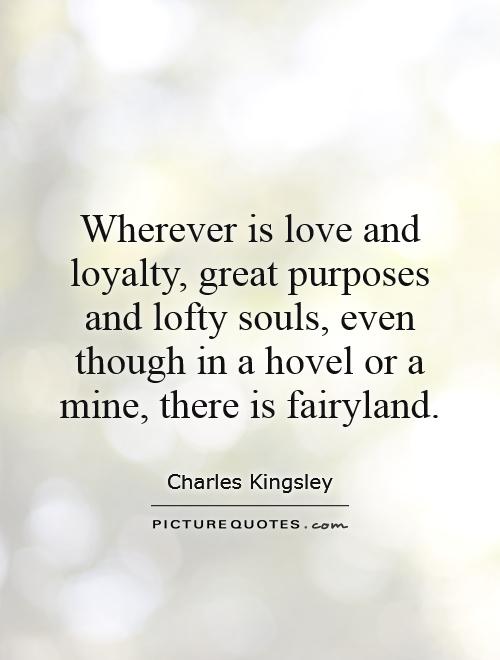
Wherever is love and loyalty, great purposes and lofty souls, even though in a hovel or a mine, there is fairyland
Charles Kingsley was a prominent English clergyman, novelist, and social reformer who believed in the power of love, loyalty, and noble purposes to transform even the most humble of circumstances into a place of magic and wonder. His quote, "Wherever is love and loyalty, great purposes and lofty souls, even though in a hovel or a mine, there is fairyland," encapsulates his belief in the transformative power of these virtues.Kingsley's own life and work exemplified his belief in the ability of love and loyalty to elevate the human spirit. As a clergyman, he preached compassion, kindness, and social justice, advocating for the rights of the poor and marginalized. His novels, such as "The Water-Babies" and "Westward Ho!", often explored themes of social inequality, environmental conservation, and the importance of empathy and understanding.
In Kingsley's view, love and loyalty were not just abstract concepts, but practical tools for creating a better world. He believed that individuals who were guided by these virtues could achieve great things, no matter their circumstances. Whether living in a hovel or toiling in a mine, those who possessed love and loyalty could find beauty and meaning in their lives.
For Kingsley, great purposes and lofty souls were also essential ingredients in creating a sense of fairyland. He believed that individuals who were driven by noble goals and who possessed a strong moral compass could overcome any obstacle and achieve greatness. By striving for excellence and living with integrity, one could create a sense of magic and wonder in even the most mundane of environments.
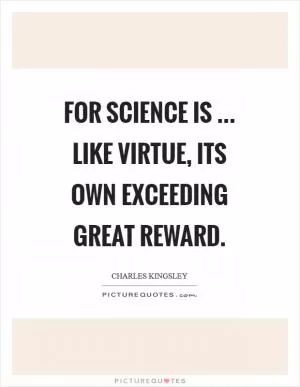
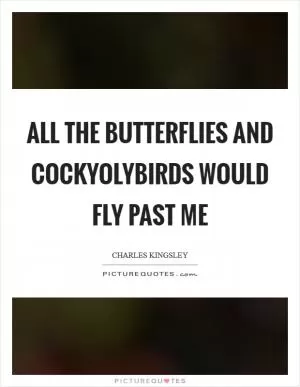

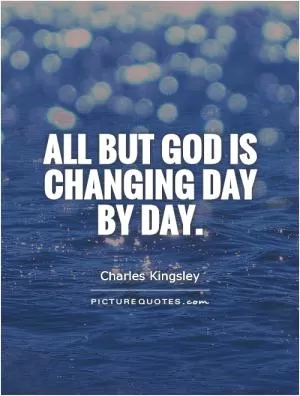
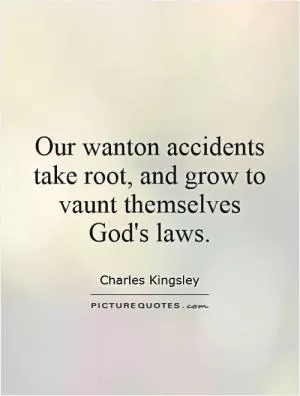
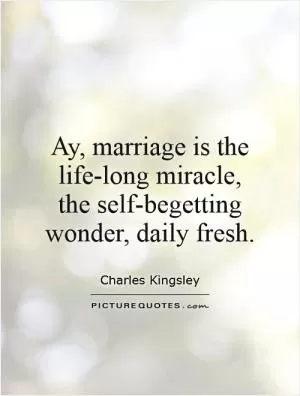
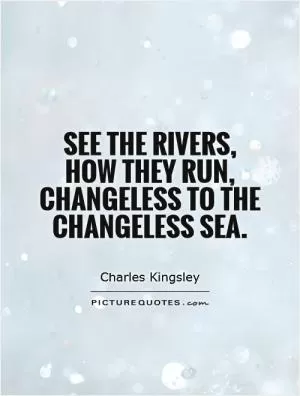
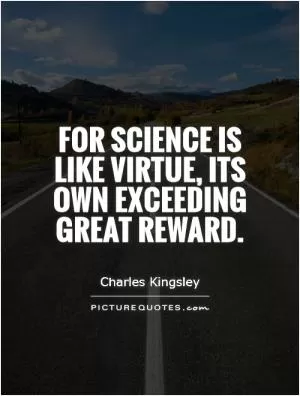

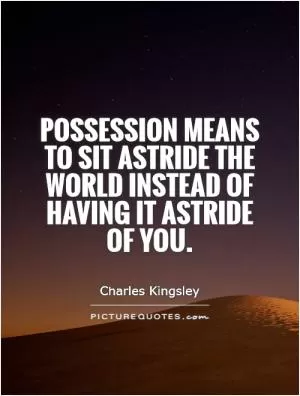
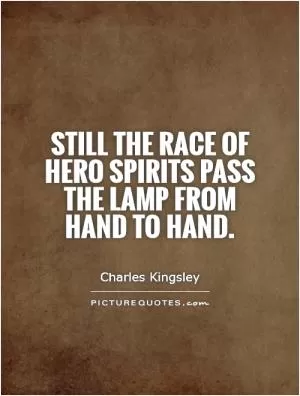

 Friendship Quotes
Friendship Quotes Love Quotes
Love Quotes Life Quotes
Life Quotes Funny Quotes
Funny Quotes Motivational Quotes
Motivational Quotes Inspirational Quotes
Inspirational Quotes